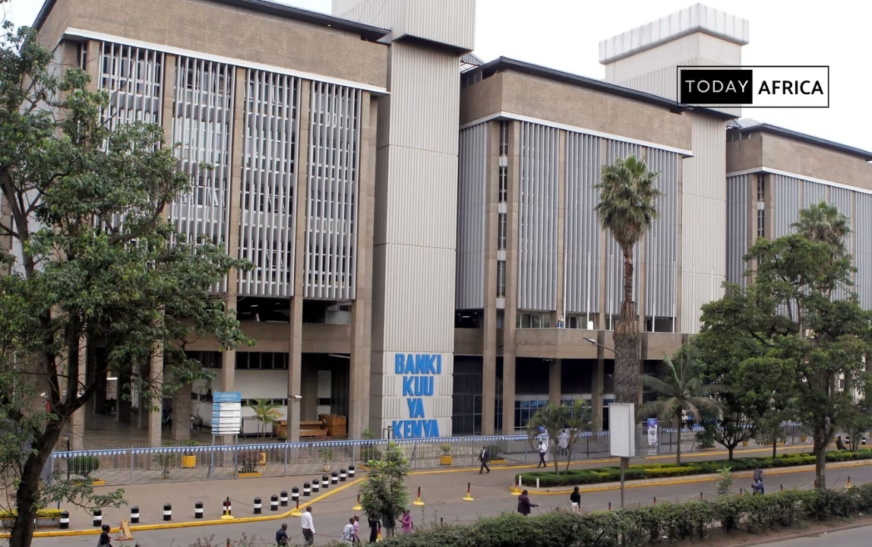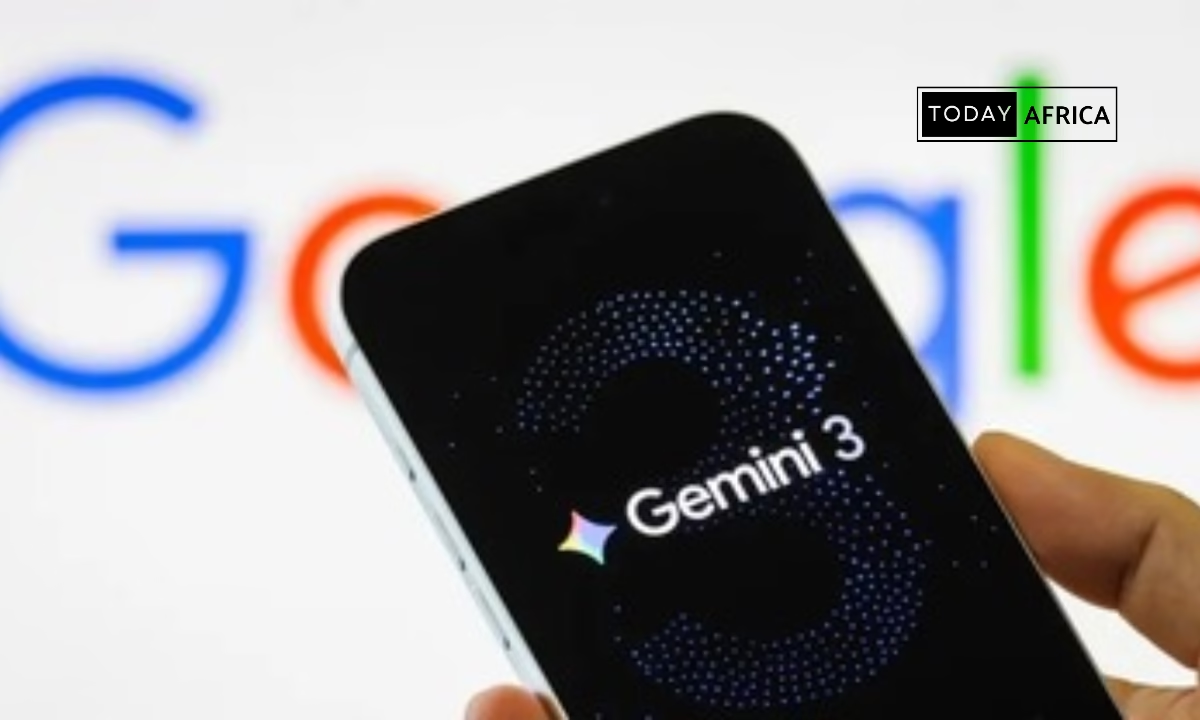The value of mobile money transactions in Kenya dropped sharply over the 12 months to February 2025, falling by 19.6% from KES 790.8 billion ($6.13 billion) to KES 636.2 billion ($4.93 billion) — the lowest monthly figure recorded in over a year, according to new data from the Central Bank of Kenya (CBK).
The decline comes even as the sector’s reach continues to expand. CBK data shows active mobile money agents rose from 320,182 to 394,853. Subscriptions increased from 77.3 million to 84.6 million over the same period.
The widening gap between usage and transaction value indicates a structural shift in how mobile money functions within the Kenyan economy.
Mobile money, celebrated for expanding Kenya’s financial inclusion since the launch of M-PESA in 2007, is now grappling with slowing household spending, intensifying competition from banks and fintechs, and changing consumer habits.
While the growing number of agents and subscriptions shows increased access to financial services, the sustained fall in transaction value reveals deeper pressures.
Core inflation, which strips out volatile food and energy prices, rose to 2.2% in March 2025 from 2.0%the previous month. Rising living costs have squeezed household budgets, leading many to reduce non-essential mobile money use.

Although more Kenyans are signing up for mobile money accounts, many now transact smaller amounts or use their wallets less frequently.
Growth in account numbers no longer directly translates to higher transaction volumes, reflecting the strain on household budgets and shifting money movement patterns.
The agent network has expanded, especially in smaller towns. This has reduced earnings per outlet, as transaction volumes are now split across more agents.
Read Also: Meta introduces new measures to combat spam on Facebook
But the wider spread hasn’t offset the broader trend, and total transaction values are falling, not rising.
For higher-value transactions, such as rent payments, tuition fees, and business transfers, many Kenyans now prefer using bank apps or mobile banking platforms, reducing reliance on traditional mobile money.
However, Safaricom’s M-PESA remains dominant with a 91% share of the mobile money market as of December 2024, according to the Communications Authority of Kenya (CA). Airtel Money trails with an 8.9% share.
Comment and follow us on social media for more tips:
- Facebook: Today Africa
- Instagram: Today Africa
- Twitter: Today Africa
- LinkedIn: Today Africa
- YouTube: Today Africa Studio
















